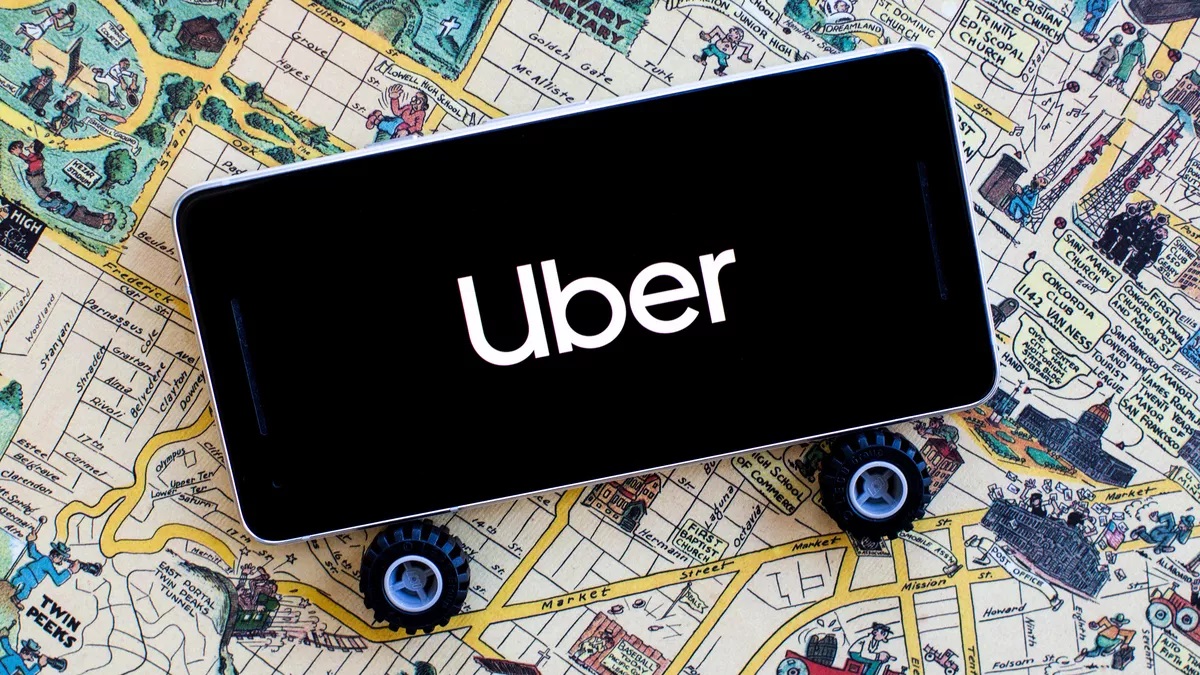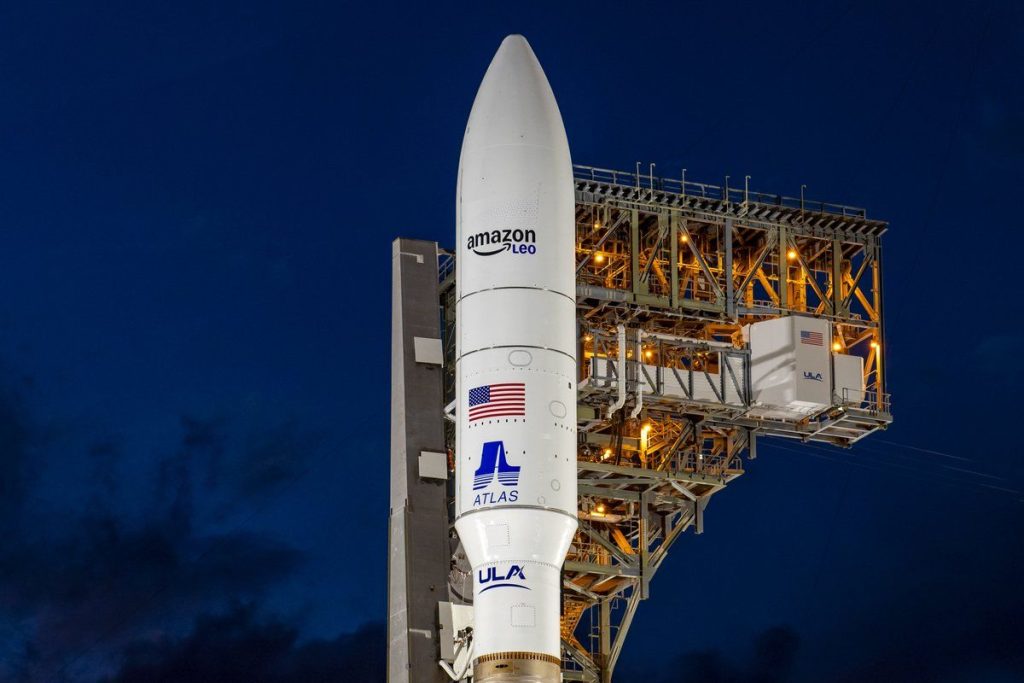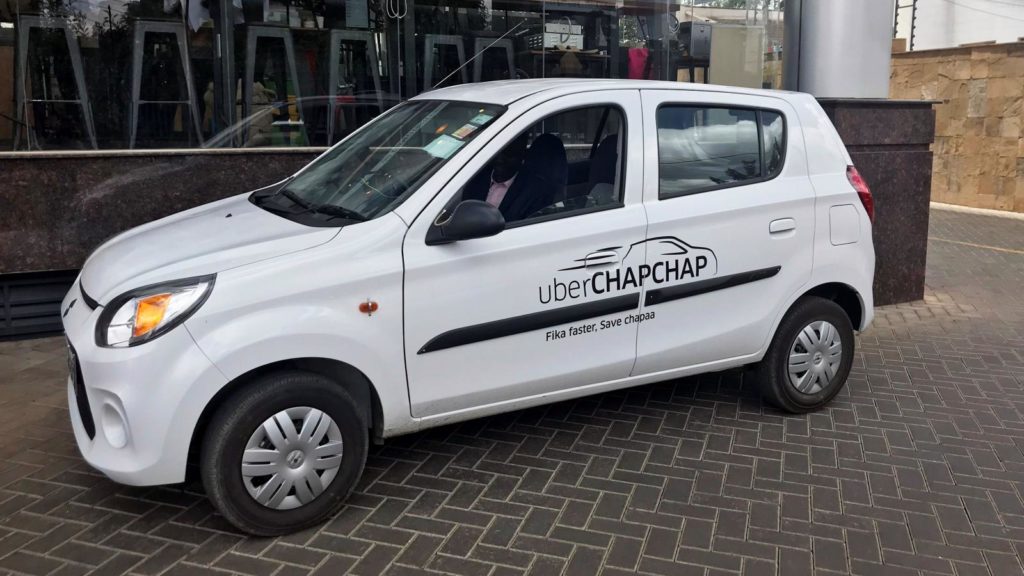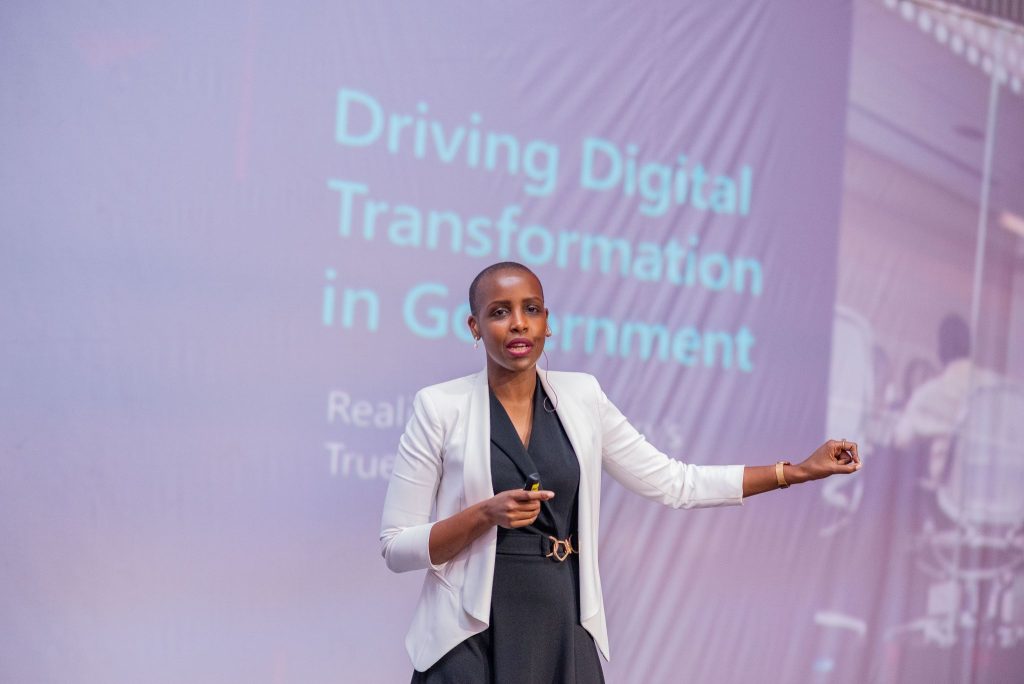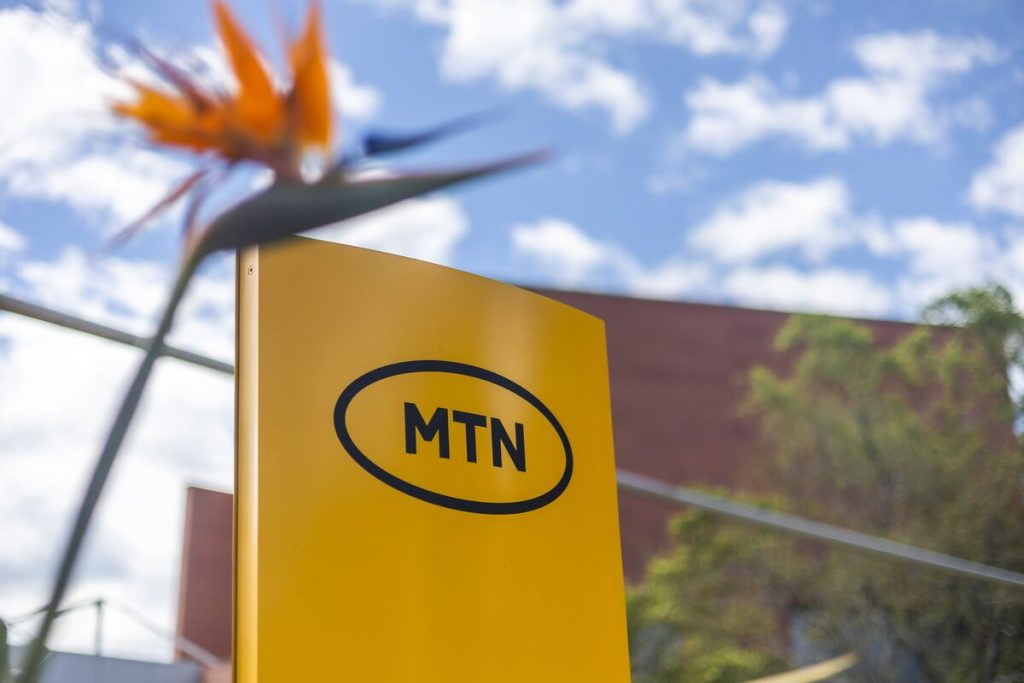Uber has expanded its Uber Connect delivery service to Kenya, TechMoran reports. Uber Connect is a same-day delivery service that allows users to send items to one another. According to the report,
orders in Kenya will be delivered primarily using Uber’s bike hailing service, UberBoda. UberConnect will use the same billing system as UberBoda, with a base fare of $0.51.
The expansion of Uber Connect is part of a new strategy at Uber, as COVID-19 has forced the company to rethink its business direction. With millions of people isolating at their home and others concerned about the health implications of sharing rides, Uber’s core ride hailing business has suffered. In the first quarter, its ride-hailing bookings were down 80% from Q1 2019.
As Uber’s passenger transport business suffered, deliveries are soaring. At the end of March, bookings on Uber Eats, Uber’s fastest growing business, was up 50%. Now, the company is doubling down on its diversification plan pivoted on logistics. It wants to become the “Amazon of logistics,” or an “everyday service” as Uber’s chief executive, Dara Khosrowshahi said on a call with investors.
Since April, Uber has made strategic moves in this direction. It launched two new consumer-facing delivery services: Uber Direct and Uber Connect. In July, it completed a $459m deal to acquire a majority stake in Latin American grocery startup, Cornershop. Uber also acquired on-demand delivery service, Postmates for $2.65 billion. While these acquisitions were in the works, Uber also struck deals to provide delivery services in countries such as the UK, Portugal and France.
Now, by expanding Uber Connect to Kenya, Uber is signalling its interest in Africa’s delivery market. And the choice of motorcycles for deliveries is interesting and hints that it could use this strategy for other African countries. But how would it do it?
In Kenya, Uber Connect is benefitting from the presence of
Uber Boda which launched in East Africa in 2018. The bike hailing service is available in Kenya and Uganda but Uber has been slow to expand it to more countries. In June 2019, Uber’s Global Head of Business Development, Brooks Entwistle told TechCabal the company will consider regulatory issues before making any expansion.
Unlike passenger transport, regulations for logistics services are more straightforward in many countries, including Nigeria, Africa’s biggest market.
In the West African country, motorcycle-based delivery services are already witnessing serious growth as
e-commerce makes a resurgence. For example, Gokada, the former bike hailing service, pivoted to deliveries in February. By May, it told TechCabal its daily delivery volume could soon surpass its ride-hailing business. Uber could be looking to enter this market. But how would it do it?
The first route would be to simply expand UberBoda into Nigeria and onboard as many bike riders as possible. That won’t be an as easy task as government regulation in places like Lagos has forced many riders to leave the city.
An acquisition is a second option. Services like MAX, Gokada, Kwik
and Dellyman have on the ground operations that Uber could benefit from. Rather than build a new service from scratch, why not acquire one of these operators?
As Uber deepens its focus on logistics in Africa, these options may come up.
|

